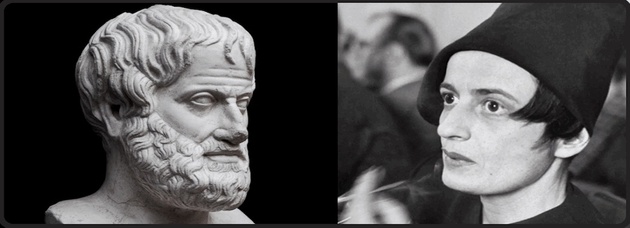Rand, Aristotle, and Modern Moral Philosophy
A common line of attack on Ayn Rand, from “professional” academic philosophers, is to go after her for her defense of egoism. This has always seemed disingenuous to me. Or, at best, uncharitable. The argument goes something like this:
- Ayn Rand defended selfishness as a virtue
- Thrasymachus in Plato’s Republic did the same thing
- Socrates humiliated Thrasymachus in that dialogue
- Therefore, Ayn Rand’s defense of selfishness is obviously wrong
But, anyone trained as a philosopher should be able to recognize the problems with this argument without much effort. Firstly, what does Ayn Rand mean by “selfishness”? Well, she defended a variety of “ethical egoism”, which basically means that the self is the focus of your ethics. But what does that focus amount to? Here, is where the mistake in this argument gets interesting. Thrasymachus was indeed, also an “ethical egoist”. His egoism was a variety known as hedonic egoism. What this means, is that the standard by which right and wrong is adjudicated comes down to whatever satisfies the most powerful person in the room, in the moment a choice is made. Is this the egoism that Ayn Rand subscribed to? In a word: NO.

